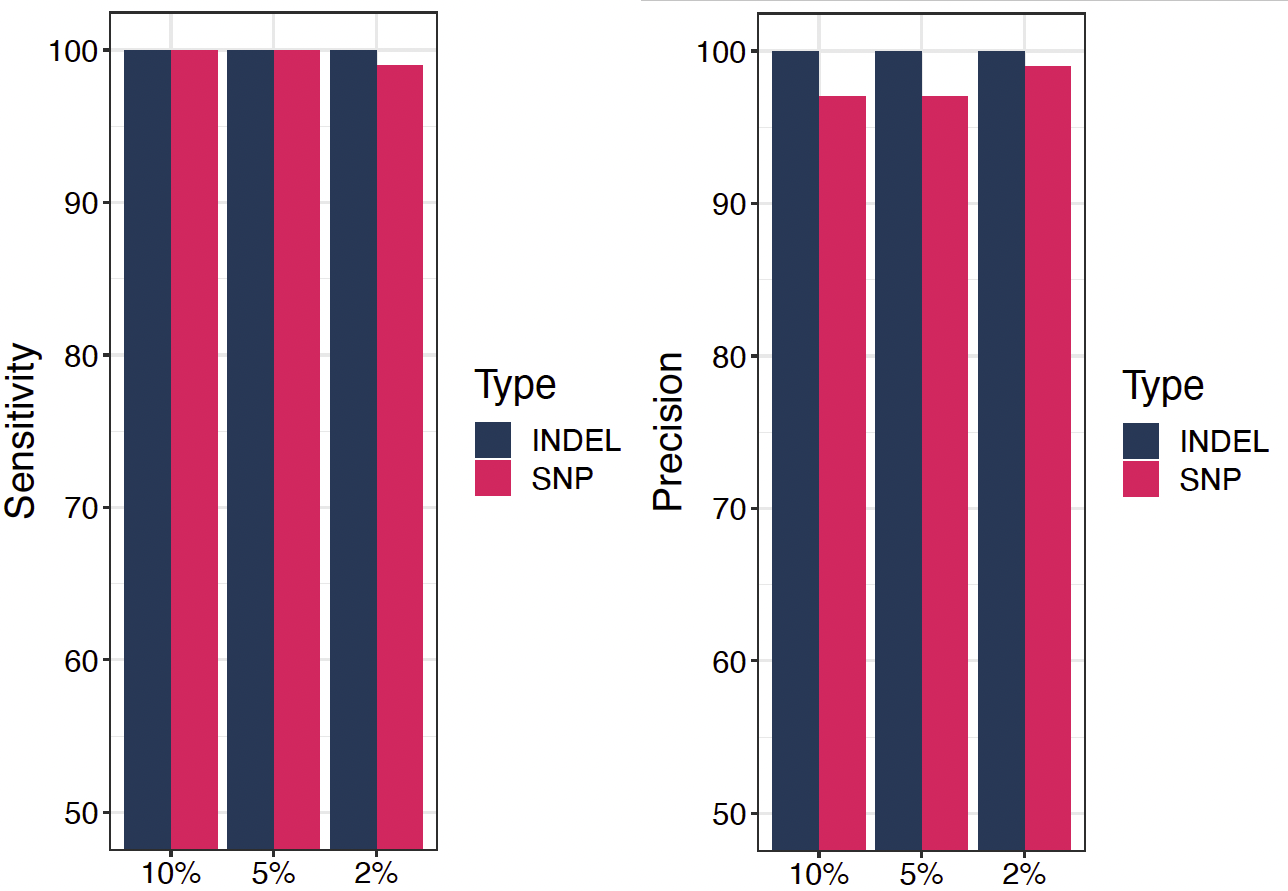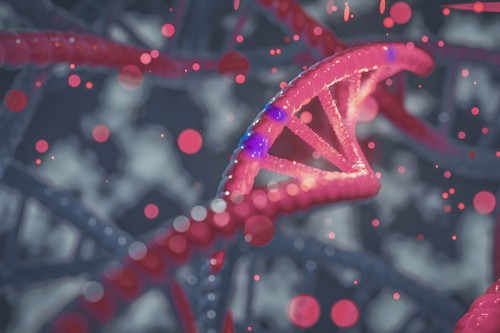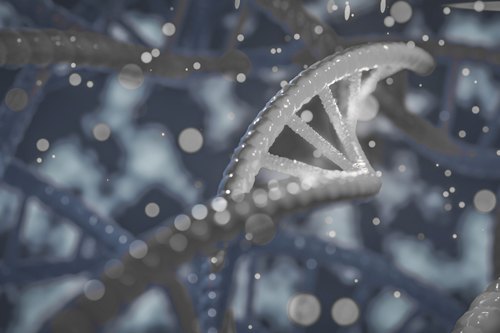Mitochondrial DNA Analysis with SOPHiA DDM™
Mitochondria are maternally inherited organelles with their own genome, separate to nuclear DNA. There are many mitochondrial genome copies per cell each containing genes essential for growth & development. Mutations of these genes (variants) cause more than 120 hereditary disorders1, affecting approximately 1 in 5000 individuals2.
Symptoms for many mitochondrial disorders are wide-ranging and may not appear until adulthood (late-onset), with several gene mutations potentially contributing to each issue. Consequently, the journey to accurately identifying and treating these disorders can be long and difficult for the affected individual, their family, and their healthcare providers.
Despite the significance of these mutations, mitochondrial DNA sequencing is rarely included in genetic testing due to challenges during sample processing and analysis. When incorporated, mitochondrial testing typically requires added internal, specialized resources or additional wait-times via third-party service labs.
SOPHiA GENETICS empowers users to take mitochondrial investigation into their own hands. SOPHiA DDM™ mitochondrial DNA analysis is integrated & streamlined to easily investigate variants and deliver stronger, faster insights for more effective understanding of hereditary disorders.
1. Habbane M, et al. Biomedicines 2021 Oct;9(10):1364.
2. Falk MJ, Sondheimer N. Curr Opin Pediatr 2010 Dec;22(6):711-6.
Benefits of SOPHiA DDM™ mitochondrial analysis:
Alamut™ Visual Plus provides additional tools & genome browsing for enhanced insights
Heteroplasmy & SOPHiA DDM™
Within each cell, there are multiple copies of the mitochondrial genome. Mutations of mitochondrial DNA are not necessarily present in all genomes or in all mitochondria, and this variation in abundance of mutations per cell is called heteroplasmy. The proportion of pathogenic variants in each cell or tissue (variant frequency) plays a critical role in determining the symptoms and progression of mitochondrial disorders. To research and understand these disorders effectively, accurate, reliable solutions are required. SOPHiA DDM™ mitochondrial analysis provides 100% sensitivity down to 5% variant frequency for an enhanced view into the scope & nature of mitochondrial variants.

Figure legend: Sensitivity & precision results from SOPHiA DDM™ mitochondrial analysis vs expected variant frequencies. Sensitivity & precision for mitochondrial SNVs/Indels was calculated on 96 variants (93 SNPs and 3 Indels), sequenced using an Illumina NextSeq® instrument. SOPHiA DDM™ provides 100% sensitivity down to 5% variant frequency (and only slightly lower at 2% VF) for confident variant investigation & interpretation (data on file).
Contact us
Please fill out the form below to get in touch
Related products
SOPHiA DDM™ Clinical Exome Solution v3
With SOPHiA DDM™ Clinical Exome Solution v3, you get increased detection capabilities within the entire mitochondrial genome and non-coding variants

SOPHiA DDM™ Whole Exome Solution v2
With SOPHiA DDM™ Whole Exome Solution v2, broaden your detection capabilities by investigating the entire human exome and mitochondrial genome in a single workflow
